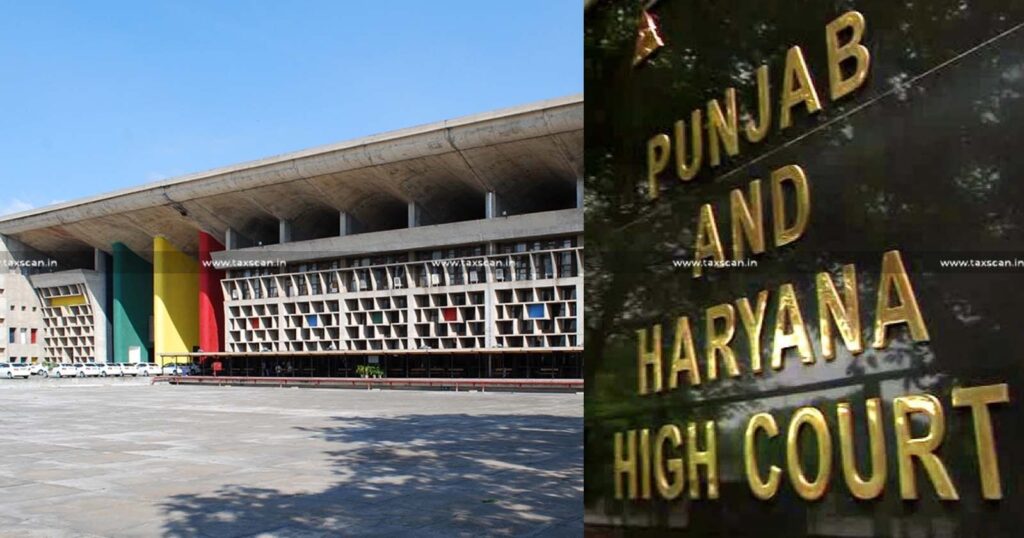Pranav Shukla
The Punjab and Haryana High Court on Tuesday that in criminal cases with multiple accused, partial settlements with some defendants aren’t permissible. This implies that if there’s a compromise with one or a few accused, it can’t automatically lead to the quashing of charges against them.
The Court’s reasoning is that allowing partial compromises would give the victim/complainant too much power over the criminal justice system. It could also lead to inconsistent and potentially unjust outcomes, especially in cases involving multiple accused.
The Court emphasized that the Code of Criminal Procedure focuses on the offense, not the offender. Therefore, quashing proceedings against some accused based on partial compromises could have far-reaching consequences.
A bench consisting of Justice Sureshwar Thakur and Justice Sudeepti Sharma observed “To prevent the victim or complainant from controlling the criminal justice process by negotiating partial settlements, the courts are obliged not to accept or endorse any such piecemeal settlements. Instead, they are required to reject these partial agreements and avoid issuing orders that incrementally resolve the matter”.
The Bench cited examples of cases involving vicarious liability, noting that if a settlement is reached with the principal offender, only the accomplices or those who tampered with evidence would remain to stand trial. The Bench concluded that the High Court should exercise “self-restraint” in accepting piece meal settlements.
Click here to access the judgement.

